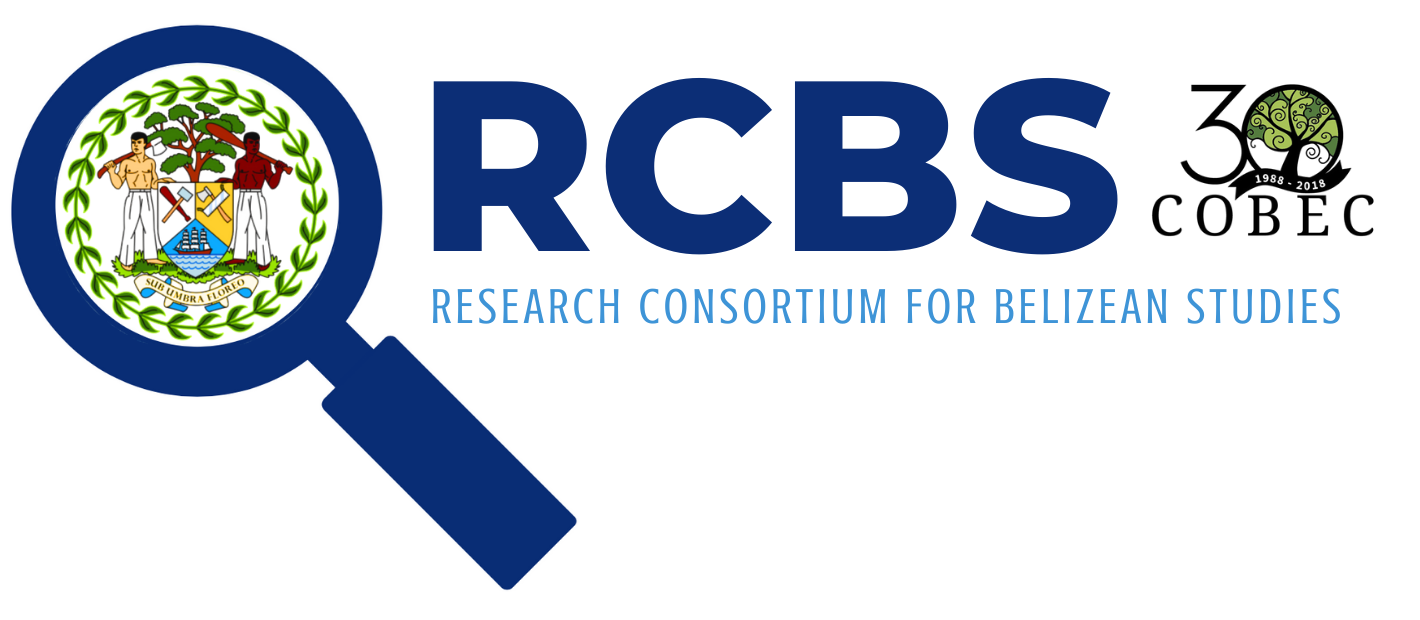
Research Consortium for Belizean Studies
Referenda as commitment devices – an experimental approach
Abstract
This research note evaluates the claim that referenda can serve as useful commitment devices in international negotiations. More specifically, we relied on individual-level survey data to test the claim that governments can successfully “tie their hands” to policy choices by calling referenda on political issues. Our empirical analysis relied on original survey data collected in April 2019 in Belize. In so doing, we took advantage of an unusual political event. On 8 May (shortly after our survey), Belizean citizens participated in a countrywide plebiscite. During this vote, they decided to send their country’s territorial dispute with Guatemala for adjudication to the International Court of Justice. From a research perspective, this event allowed us to assess the effect of disregarded referendum results in a highly salient political environment. Our experimental analysis suggested that individuals do reprimand their governments for failing to implement a majority vote (a) even if this choice precipitates a person’s favored substantive outcome, and (b) irrespective of an individual’s preferred party.

